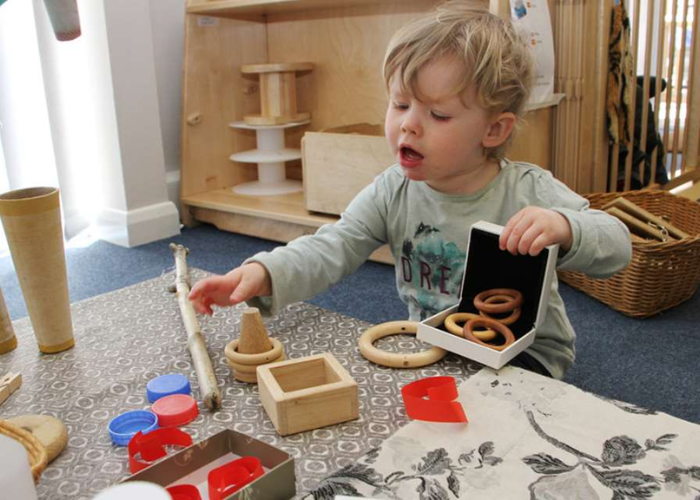Mindful living is the practice of being present and aware of your internal and external environment. It involves being conscious of your thoughts, feelings, and environment, and responding to them in a thoughtful and compassionate manner. Mindful living has been gaining popularity in recent years as a way to improve mental health and well-being. Its principles are based on the idea that your life and relationships are enriched by being mindful of your experiences and surroundings.
The Benefits of Mindful Living
Mindful living can bring numerous benefits to your life, from improved mental health to better relationships. It can help you be more present in your daily life, which can lead to better decision-making, increased awareness of your emotions, and greater self-compassion. Furthermore, mindful living can help you become more aware of your environment, allowing you to appreciate the beauty of the world around you.
The Challenges of a Fast-Paced World
With the hustle and bustle of modern life, it can be easy to get wrapped up in your thoughts and forget to be mindful. A fast-paced world often means multitasking and over-scheduling, which can lead to feelings of stress and overwhelm. It can be challenging to find the time and energy to be mindful in a world that favors productivity.
Mindful Practices to Consider
There are a variety of mindful practices to consider for improving your mental health and well-being. Meditation, yoga, and journaling are all great ways to practice mindfulness. Additionally, mindfulness can be incorporated into mundane tasks, such as eating, brushing your teeth, and taking a shower. Committing to regular mindfulness practice can help you stay present and connected to your body and mind.
Self-Care Tips for Regular Practice
Mindful living is a form of self-care and can be a powerful tool for managing stress and easing anxiety. It’s important to prioritize self-care and make time for mindful activities, even if it’s just for 10 minutes each day. It can be helpful to set aside specific times in your day for mindful activities, such as before going to bed or after waking up. Additionally, it can be beneficial to take regular breaks throughout the day to practice mindful activities, such as taking a walk or stretching.
Reflections on Mindful Living
Mindful living can be a powerful tool for improving your mental health and well-being. It can help you stay present and connected to your body and mind, and ultimately lead to a more meaningful and fulfilling life. Mindful living is not a one-size-fits-all practice; rather, it’s something that is tailored to your individual needs and preferences. Taking the time to reflect on your experiences and how you can incorporate mindful practices into your life can help you make the most of your mindful living.
Conclusion
Mindful living can be a powerful tool for improving your mental health and well-being. It involves being present and aware of your thoughts, feelings, and environment, and responding to them in a thoughtful and compassionate manner. Mindful living can bring numerous benefits to your life, from improved mental health to better relationships. It’s important to prioritize self-care and make time for mindful activities, even if it’s just for 10 minutes each day. Taking the time to reflect on your experiences and how you can incorporate mindful practices into your life can help you make the most of your mindful living.

